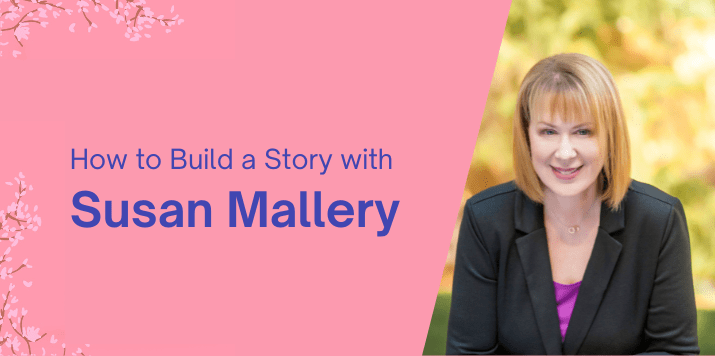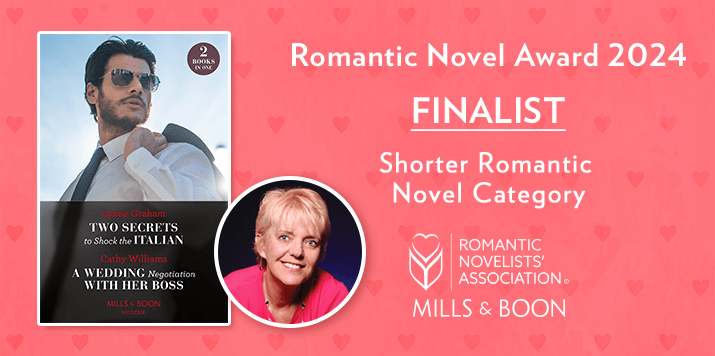This competition has now closed.
Meet Mills & Boon author Jessica Gilmore, who is one of the judges in our Love to Write competition. Read her top tips to help get your writing started!
Above my desk hangs a picture my daughter painted a few years ago. It says ‘write like no one is editing’ – pretty wise advice from a then-ten-year-old. Because the first rule of writing is ‘write the damn book’. I know, it sounds obvious, but when I decided to stop talking about writing and actually do it, getting that first draft completed seemed impossible. I wasted a good couple of years polishing and repolishing the first three chapters of a book destined never to be finished; if only someone had told me to leave the editing till later and just write!
There’s some work to do before typing ‘Chapter One’ however. First, work out if you’re a plotter or a pantser – someone who likes to ‘fly by the seat of their pants’. A plotter has the story meticulously mapped out before they start; they know every turning point, every event. A pantser works it out as they go but even a pantser like me can’t dive straight in without knowing some fundamentals. Who are your main characters? Not just their names but how they look; what drives them, scares them and why– that’s your internal conflict – and what is going to happen in your story to challenge them (your external conflict)? I always have extensive back stories and Pinterest boards full of visual stimulation before I start, even if the rest is still a mystery.
The most important thing in a first draft is words on the page – unless you’re planning on carving your novel onto a rock face nothing you write is set in stone. Forgotten a name, or can’t think of one? An X will do. Don’t know what happens next? Write anything! When I’m stuck my characters tend to eat – during edits the conversations and emotional development often remain, but the action changes to something more interesting and plot driven. Want to spend six pages describing your billionaire’s swanky city pad? Knock yourself out, you can – and will – kill your darlings later. This section needs more emotion, you’re showing not telling, you’re not sure of your facts – that’s absolutely fine, make a note on the page to sort in edits and move on.
Set yourself a deadline – if you want to write romance then look into the RNA’s excellent New Writer’s Scheme, that way you get both a deadline and an invaluable, critique – and then carve out time whenever and wherever you can. Do you know the poem Cats Sleep Anywhere? Be the cat! Only don’t sleep, write. I know every second is filled. I’ve been there – I’m still there – but not only do I ignore as much housework as possible (key tip) I plot while walking the dog or to work, write while my daughter dances; in cafes, libraries, changing rooms and the car.
Finally, find a critique partner. Not a friend or a relative but someone who is prepared to be brutally honest, a cheerleader and a motivator. A good critique partner will spot plot holes, continuity errors and be an invaluable brain-stormer and can be an essential part of a new writer’s toolkit.
Now, go out there and write the damn book! Good luck!
Do you love to write romantic fiction and have an idea for a contemporary romance that will entertain the nation? Do you want to be a published author? If so, then our Love To Write competition is for you!



